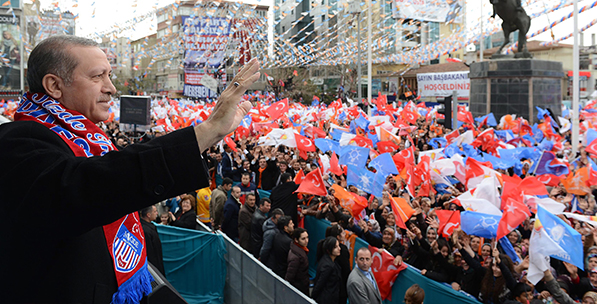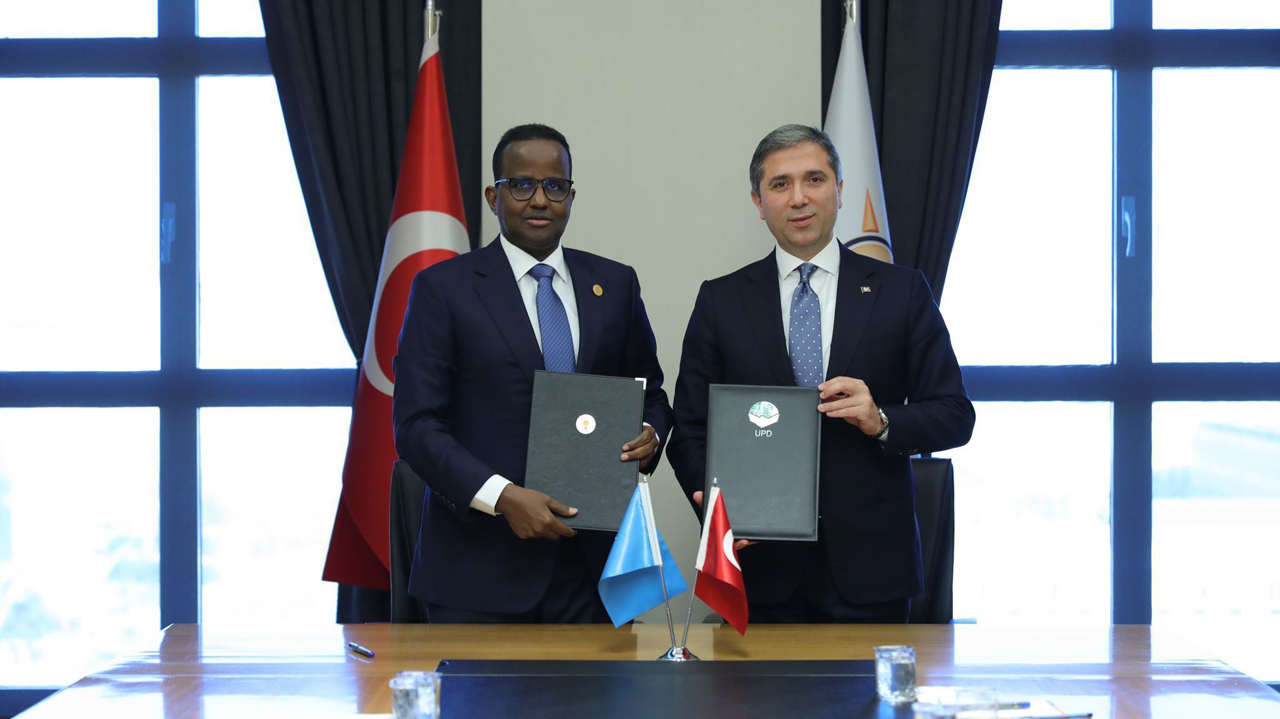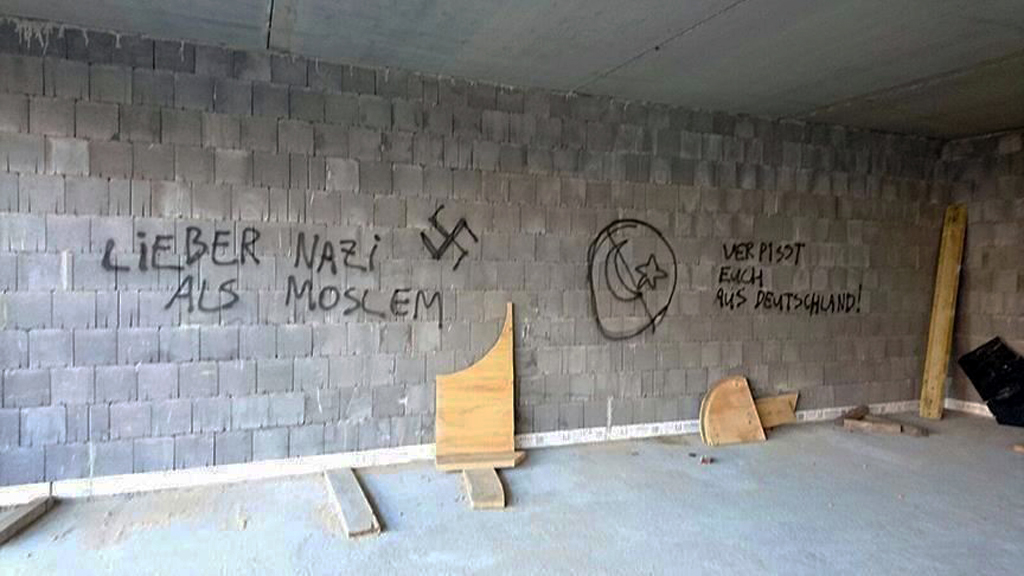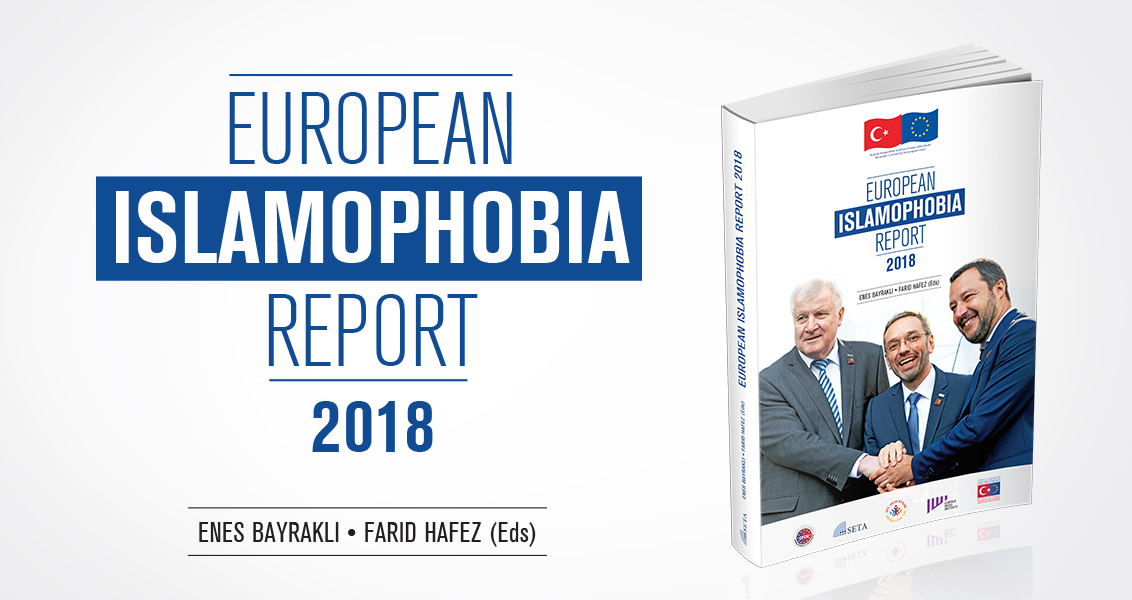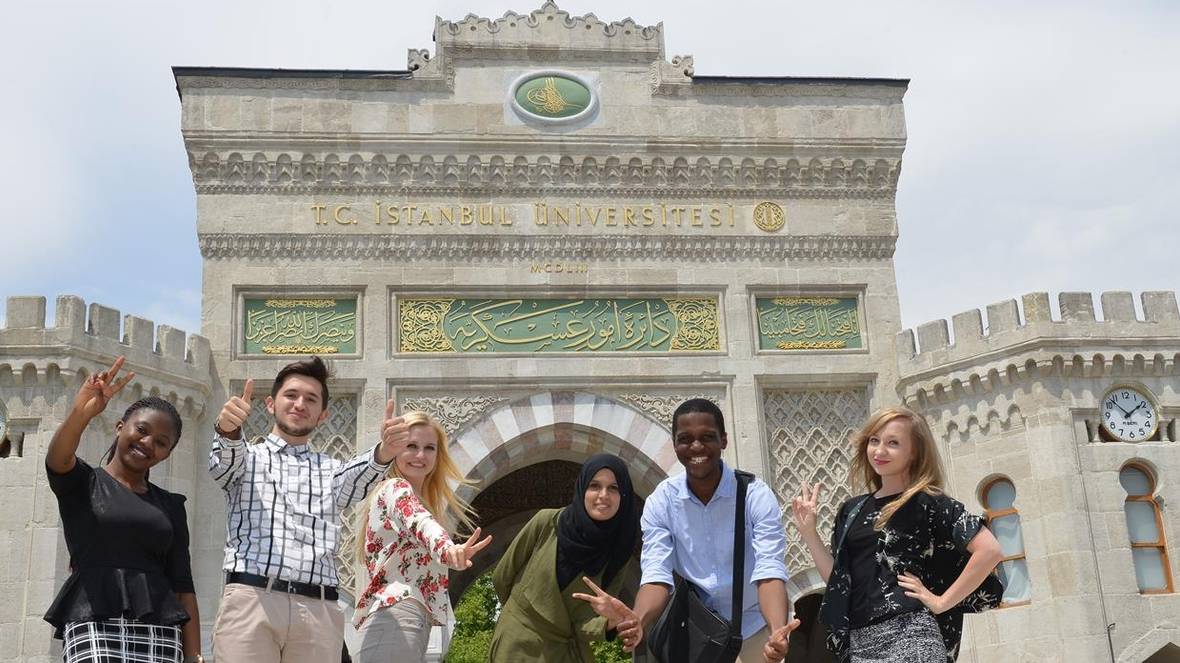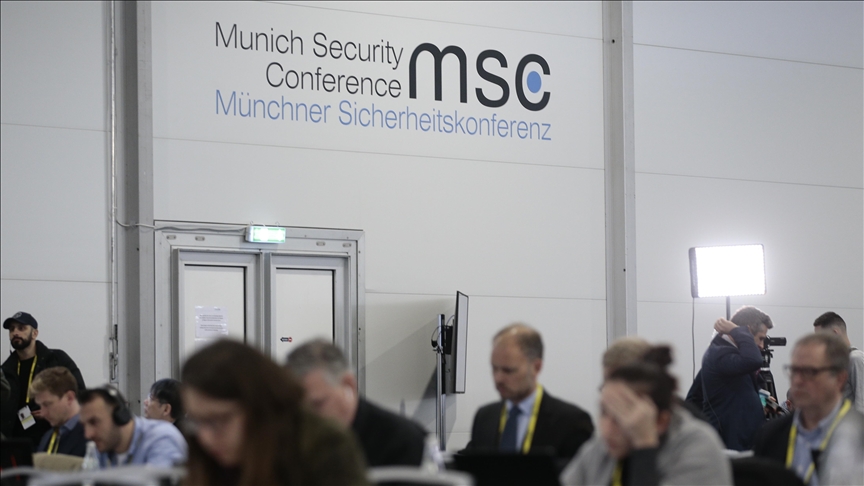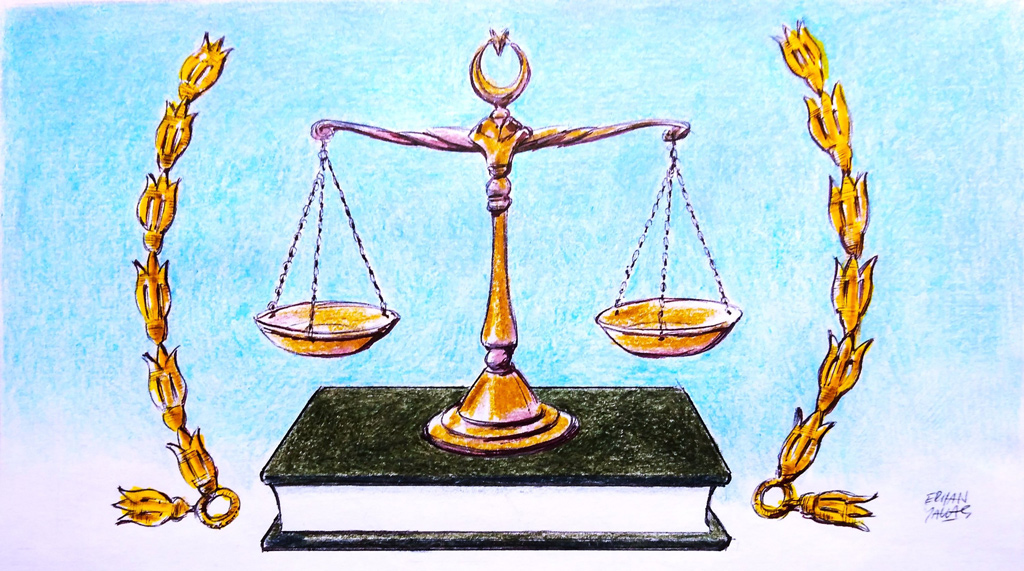When only political scientists and politicians do political analyses, missing the social ground of the political reality is inevitable, since excluding social flow and realities, which are the main contexts of the discussion, enables essentialist oppositions to grow easily. In other words, when complex social relations are read only through political representations, "simplification methods" employed by political actors to address a wider audience become the dominating medium of the discourse.
Yesterday, the New York Times, when assessing Turkey's elections emphasized Prime Minister Recep Tayyip Erdoğan's revenge, stressing the rise of social polarization and instability in the same article. "Mr.Erdoğan seems determined to crush anyone or anything who crosses him - a strategy that almost certainly guarantees more dangerous political polarization and instability in Turkey," the article stated. This text, being a sample of an Orientalist critique of non-Western politics, proves the kind of reductionism that could be created by reading Turkey's reality only through the struggle between political actors.
Destabilization and social polarization are some of the most important rhetorical challenges that cripple Turkish politics. Discursive challenges are powerful tools that narrow the political scene. International power centers that stand against the politics represented by the Justice and Development Party (AK Party) in Turkey - this is not something imaginary, as I'm talking about media, financial and political tools that hold international power - have been producing a series of rhetorical challenges since the beginning of AK Party rule, with notions such as the "Islamization of society," "growing religiosity," "green capital," "biased press," "civilian dictatorship" and "intervention in lifestyles."
Political polarization occurs on a social ground within the historical process. Relating this process to a leader's so-called anger is an ideological interpretation. It is only a tool for attack, a war technology.
However, it is important to think and understand the social basis of this polarization, if the only purpose is to prevent polarization and to contribute to the creation of a more peaceful and flexible social structure.
Michael Rubin wrote an article about seven years ago, and at the time we considered it a marginal voice. Yet today, it makes complete sense for Western media. Rubin said: "As the presidential election nears, Erdoğan is approaching his destination. A resilient democracy works against the prospect of a constitutional crisis. Washington should let that democracy take its course, even if it means short-term instability."
The statement is clear. Erdoğan is the enemy, and there is no social reality Erdoğan represents in the social field. This could mean two things.
Either Erdoğan does not or cannot represent the social strata that he says he represents or the social stratum Erdoğan represents is the direct enemy.
As long as the aforementioned segment does not believe the first proposition, it has no validity. Thus, there is only the second option left.
Yet this option has not been clearly articulated so far. As Edward Said clearly analyzed in his book "Covering Islam," when "East" and "Muslim society" are concerned, this could easily become the norm and the "Hateful religious/Islamist" segment of society could be directly placed at the root of social polarization.
The reason why this type of analysis could not be easily conducted in Turkey is the modernization literature produced about Turkey. This literature has reflected Western, modern, secular Turkey as a success of Westernization and reflected it as an example of the modernization process in society. In this literature, modernization is not observed as an internal process but a project implemented by the Turkish army, which has developed as a Westernized power since the 19th century and followed the American path after 1945.
Modernization theorists, in general, claimed that th

